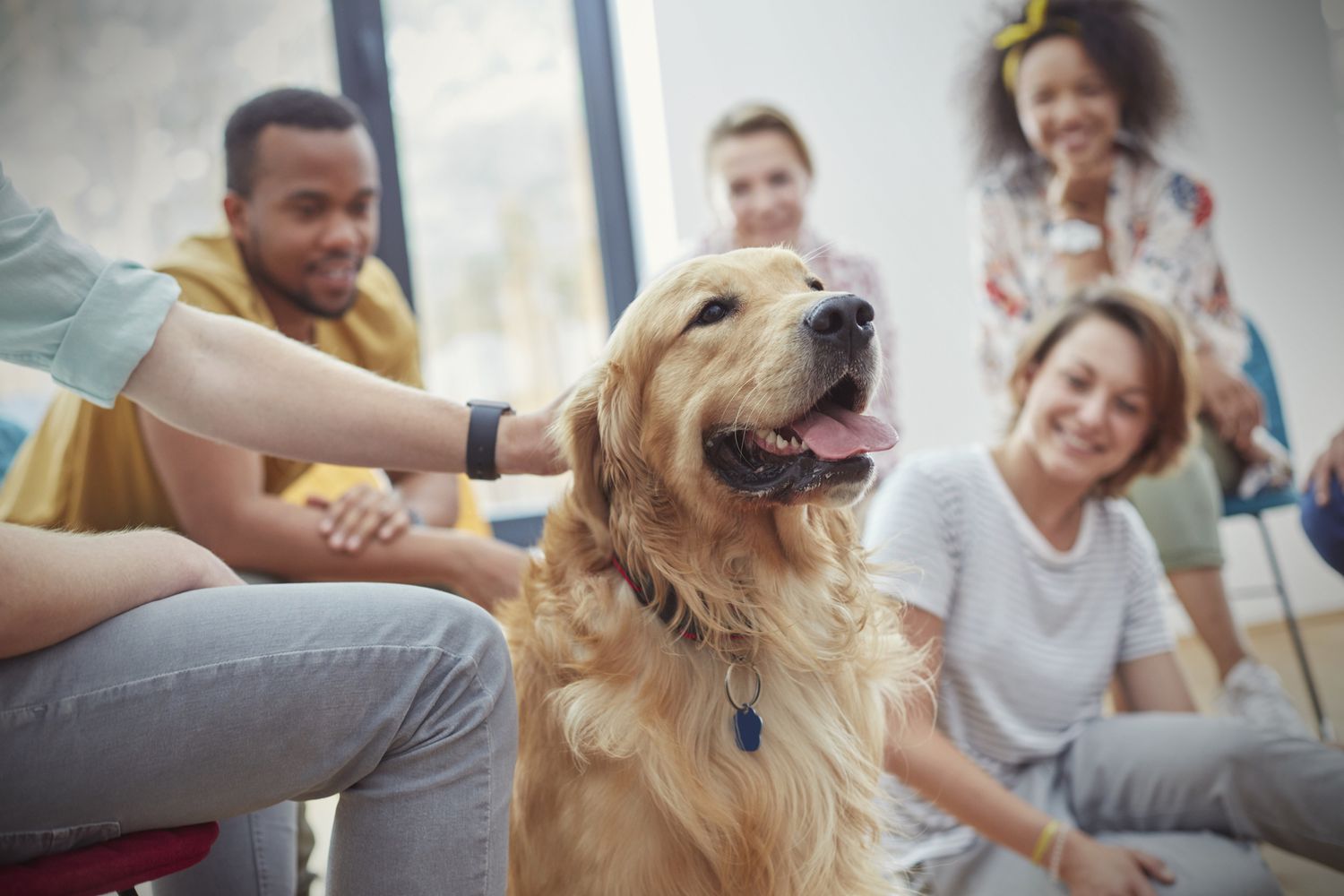The Deep Connection Between Humans and Animals
-

- by Admin
- Aug 16, 2024

The majorities of individuals adores animals and consider their beloved pets to be essential parts of the family. It’s considered that a portion of the inner self is dormant until one bond with an animal. Pets are wonderful friends that make us happy and joyful. We join our houses, meals, and lives with them as well as go above and beyond to make sure they are happy. Individual’s affinity for animals is referred to as animal love or companionship. The majority of individuals consider how much they care for a companion animal to be a component of their passion for their pet, an emotional connection or companion feeling that may even touch on liking or love. let’s explore the psychology of animal lovers, and the emotional connections, motivations, and benefits behind the deep bond between humans and animals.
Human and pets’ relation:
Because of their adorable, cozy, and humorous playfulness, animals arouse our need to nurture and safeguard them. Yet what psychological factors actually lead people to have such a strong bond with animals? It appears that human-pet interactions are symbiotic or parasitical and since the fact that both the people who own and their pets appear to love and gain from the connection. It is also significant that a large body of research indicates that those who keep pets have superior physical as well as mental wellness than those who do not. The human-animal connection is a constantly evolving and mutually beneficial one that is shaped by actions deemed necessary for the good health and psychological well-being of both humans and animals. Both people and animals get benefits from their relation in terms of their social, emotional, as well as physical well-being. Animals enjoy being the focus of our attention because they sense our appreciation for them. It’s not always inexpensive to raise animals, and caring for them requires a lot of effort.
Loving animals more than humans:
Psychology emphasize that our opinions about animals are impacted by a variety of variables, including social and cultural customs, belief systems, personality types, as well as early life encounters. Additionally, it speculates that genetic variations may play a role in animal sympathy. Animal lovers tend to be more empathetic and amiable, and oxytocin facilitates human-animal bonding. Psychologists have discovered that the love you possess for your kids is a lot like the love you possess for animals. Since humans see animals as helpless beings that are unable to help themselves whenever they encounter danger, we love animals and desire to safeguard them. Rather, since we raise animals like newborns all their lives and believe they are helpless and innocent, we value them more than people. Animals and children are unable to fight for their liberties in the same way that people can. Studies have also demonstrated that, in general, women exhibit greater empathy for animals than do men.
Admiring pets
The majority of our affection for animals is focused on dogs and cats. Furthermore, humans may occasionally experience empathy for enormous, fascinating wild creatures with names like elephants, dolphins, or lions etc. Dogs and cats are examples of pets that have exceptionally strong emotional intelligence. Dogs, in particular, can clearly understand the way their owners speak facial expressions and speech tone. They understand how to respond to regulate their masters’ feelings. A psychological principle “the collapse of companion” describes our allusion to dogs and cats instead of other species. It suggests that the greater the suffering we witness, fewer we care.
0 Comments:
Leave a Reply